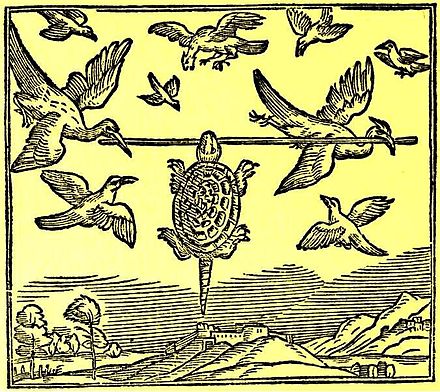For these final reading notes, I decided to read what is described as the Indian version of Aesop's Fables. I loved reading the fables growing up, and even translated some of them as practice for Latin classes I took in grade school.
Many of the stories were one or two paragraphs long, which made it fun to just quickly go through them. Some of them had very clear morals stated at the end, others you had to infer what you were meant to learn. Overall, they have the same charm and brevity that Westerners know and love with Aesop's fables.
I greatly enjoy this style of writing and story telling because they're like little bites of wisdom you can take with you, told in a way to make you smile. Some of the other stories meant to teach you morals end on a much more serious note, and while those are also enjoyable, the silliness of these fables is fun to read.
My favorite of all of them was the Poor Man and the Flask of Oil. The basics of it are that a poor man is given a flask of oil, and he imagines all the good things that could happen if he sold it. Lost in his imagination, he accidentally breaks the flask and all of the oil runs out and is ruined. This seemed sort of similar to the "don't count your chickens before they hatch" moral, but was also just something I could see myself doing.
I also really liked the Youth, the Hawk, and the Raven. It's a good illustration of a common problem I'll face in my work with nonprofits, which is the Tragedy of the Commons. Someone assumes that they don't have to work or contribute because everyone else is, but if a lot of people think that way, no one is contributing. In the same way, the Youth saw that since someone else was receiving help, he deserved to receive help as well, even though he didn't need it, and ended up starving since he had the ability to work but didn't use it. It's not exactly the Tragedy of the Commons, but I thought it was quite similar.
Rather than citing each individual story, here is the link to the page with all of the individual links.
 |
| This is a depiction of one of the tales I read, which is one of the most famous of this type. The turtle was sad he couldn't go with his friends who were leaving, so they offered to carry him as depicted above. Some people on the ground thought it looked funny and called out making fun of him, and he opened his mouth to tell them to shut up, thus plummeting to his death. I think a modern lesson we could learn from this is not to lower ourselves enough to respond to people who criticize when they really have no perspective of the situation or what's best for the people actually involved. |
Comments
Post a Comment